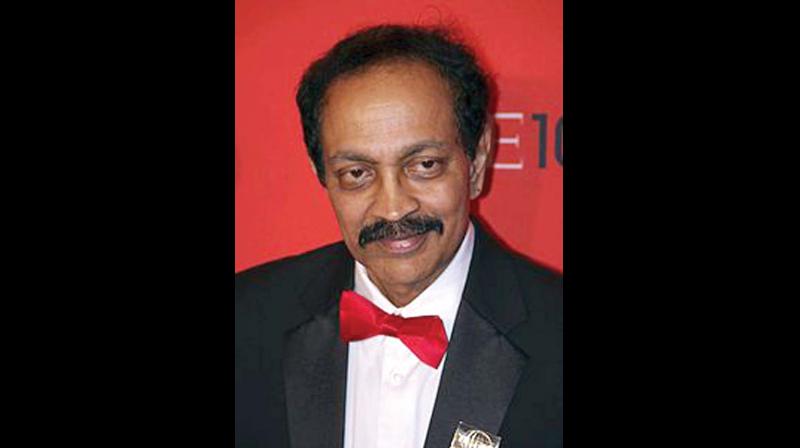Kottayam: Neuroscientist sees Ayurveda cure

Kottayam: Ayurvedic medicines could be more effective than allopathic drugs in treating Parkinson’s disease, according to eminent neuro scientist Dr V.S. Ramachandran.
He is planning to collaborate with Indian doctors in popularising ayurvedic drugs as they have less side effects, said Dr Ramachandran who was selected by Time magazine as one among the 100 most influential persons in the world in 2011.
Dr Ramachandran, who hails from Mylapore, Tamil Nadu, is currently director, Centre for Brain and Cognition and distinguished professor with the neuroscience programme and department of psychology, University of California, San Diego.
The ayurvedic drug ‘macuna pruriensis,’ a variety of bean rich in L-dopa, was shown in clinical trials to be more effective than allopathic drug placebo and synthetic L- dopa used to treat Parkinson’s disease, he said in an e-mail interview with Deccan Chronicle.
He was struck by the impressive clinical trials conducted by other well-known researchers with regard to the ayurvedic drug.
“I am not a specialist in movement disorders, however, I intend to collaborate with Dr A.V. Sreenivasan of Chennai since I am persuaded by the potency of the drug,” he said.
He expressed concern that western drug companies had brain-washed a few Indian doctors about allopathic drugs. They do not prescribe ayurvedic drugs and do not conduct research on them. “This is astonishing, given that a clinical trial in India would cost only 10-15 per cent of that in the US,” he said.
He also expressed his views on topics ranging from chronic pain, phantom limbs and how the brain constructs a calendar which it uses to navigate around the world.
The excessive presence of an abnormal protein called alpha–synuclein present in the brain regions which are involved in controlling posture, coordination of walking and speech results in the destruction of the cells and the introduction of L-dopa. Dopa that crosses the blood brain barrier when consumed orally was hailed as a miracle in neurology. However, some patients become wheelchair-bound and the quality of life deteriorates.
“Intriguingly the disease must have been known to ancient Indian physicians and they treated it with the ayurvedic herb macuna pruriensis,” said Dr Ramachandran who has authored seminal books like Phantoms in the Brain and Tell-tale Brain.

